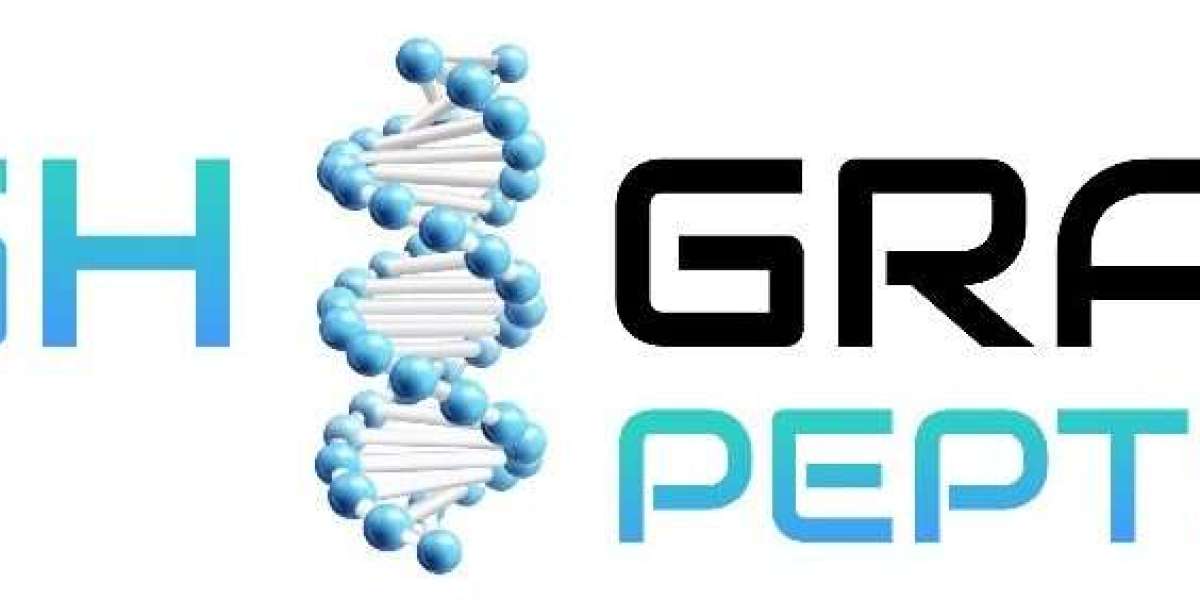1. Understanding Peptide Stability
Peptides are highly sensitive to environmental factors such as temperature, moisture, and light. Improper storage can lead to degradation, rendering them less effective or even useless.
2. Proper Storage Conditions
To maximize the lifespan and effectiveness of peptides, follow these storage guidelines:
Temperature Control: Store lyophilized (freeze-dried) peptides in a freezer at -20°C (-4°F) or lower. For short-term storage, refrigeration (2-8°C or 35-46°F) may suffice.
Avoid Frequent Temperature Changes: Repeated freezing and thawing can degrade peptides. When possible, store them in aliquots to minimize unnecessary thawing.
Keep Away from Light and Air: Exposure to UV light and oxygen can degrade peptides. Always store peptides in airtight, dark containers to prevent oxidation and photodegradation.
3. Handling Peptides Correctly
Proper handling ensures peptides remain uncontaminated and effective.
Use Sterile Equipment: Always use sterile syringes and vials when handling peptides to prevent contamination.
Reconstitution with Care: When dissolving peptides, use bacteriostatic or sterile water. Avoid vigorous shaking, as it may break peptide bonds.
Minimize Exposure: When retrieving peptides from storage, limit exposure to room temperature to prevent unnecessary degradation.
4. Shelf Life and Expiry
Peptides have different stability levels depending on their composition and storage conditions:
Lyophilized Peptides: Generally stable for months to years when stored in a freezer.
Reconstituted Peptides: Once mixed with a solvent, peptides typically last a few days to a few weeks when refrigerated.
Check for Degradation: If you notice discoloration or particulate formation, the peptide may be compromised.
5. Safe Disposal of Peptides
Expired or degraded peptides should be disposed of responsibly. Do not flush them down the drain. Instead, follow local biomedical waste disposal guidelines or consult with a professional.
Final Thoughts
Proper storage and handling of peptides are crucial for maintaining their effectiveness. By following these best practices, you can ensure the longevity and potency of your peptides, ultimately getting the best results from their use. Always handle peptides with care and store them under the recommended conditions for maximum effectiveness.








